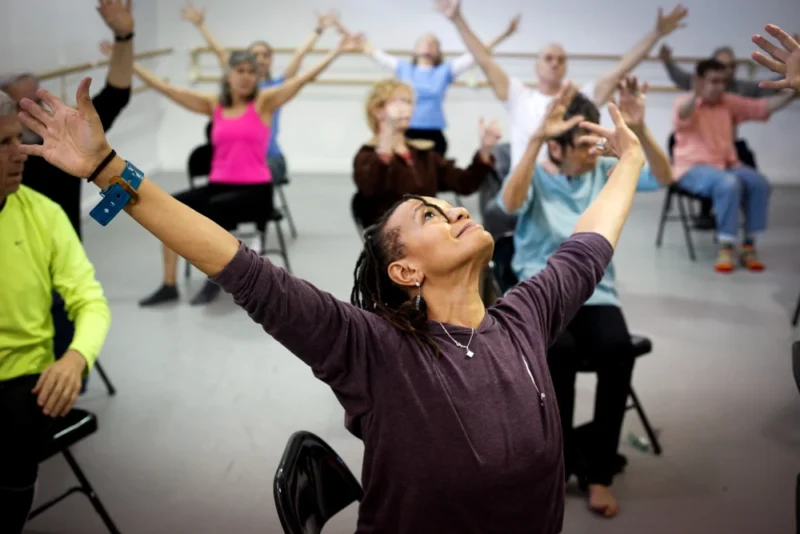Black people with Parkinson’s are underdiagnosed, miss treatment
Share
Explore Our Galleries
Breaking News!
Today's news and culture by Black and other reporters in the Black and mainstream media.
Ways to Support ABHM?
By Elizabeth Cohen, NBC

A few years ago, the organizers of one of the largest U.S. exercise programs for people with Parkinson’s disease realized they had a problem: Most of the students were white.
“We’re always asking who’s not in the room, and why are they not in the room?” said David Leventhal, program director for Dance for PD with the Mark Morris Dance Group in New York City.
Leventhal and his team went to work. They hired more instructors who spoke Spanish or Mandarin and translated marketing materials, which boosted the number of participants from Hispanic and ethnically Chinese communities. But efforts to recruit Black participants haven’t been nearly as effective, Leventhal said.
Exercise is considered fundamental to the treatment of Parkinson’s, with studies showing it can alleviate symptoms of the disease and improve mobility, flexibility, and balance. But people who run Parkinson’s exercise programs in a handful of U.S. cities describe great difficulty in recruiting Black people.
“In Parkinson’s, movement is medicine. So if you’re not figuring out how to engage communities in movement, it’s basically like withholding medication,” Leventhal said. “If this were a pill, there would be an uproar.”
[…]
One big hurdle: Many Black people don’t even know they have the disease. The biological and genetic risk factors have long been understudied in people of African ancestry. Recent research identified a novel risk factor for Parkinson’s in the population.
Studies show Black people are less likely to be diagnosed with Parkinson’s. Some point to doctor bias. For example, an article published last year in Nature concluded that bias can influence the evaluation of patients with decreased facial expressivity, a common Parkinson’s symptom in which the facial muscles harden, making it difficult to smile, raise eyebrows, and express feelings.
Read about Black history in our virtual exhibits.
More breaking news here.









Comments Are Welcome
Note: We moderate submissions in order to create a space for meaningful dialogue, a space where museum visitors – adults and youth –– can exchange informed, thoughtful, and relevant comments that add value to our exhibits.
Racial slurs, personal attacks, obscenity, profanity, and SHOUTING do not meet the above standard. Such comments are posted in the exhibit Hateful Speech. Commercial promotions, impersonations, and incoherent comments likewise fail to meet our goals, so will not be posted. Submissions longer than 120 words will be shortened.
See our full Comments Policy here.